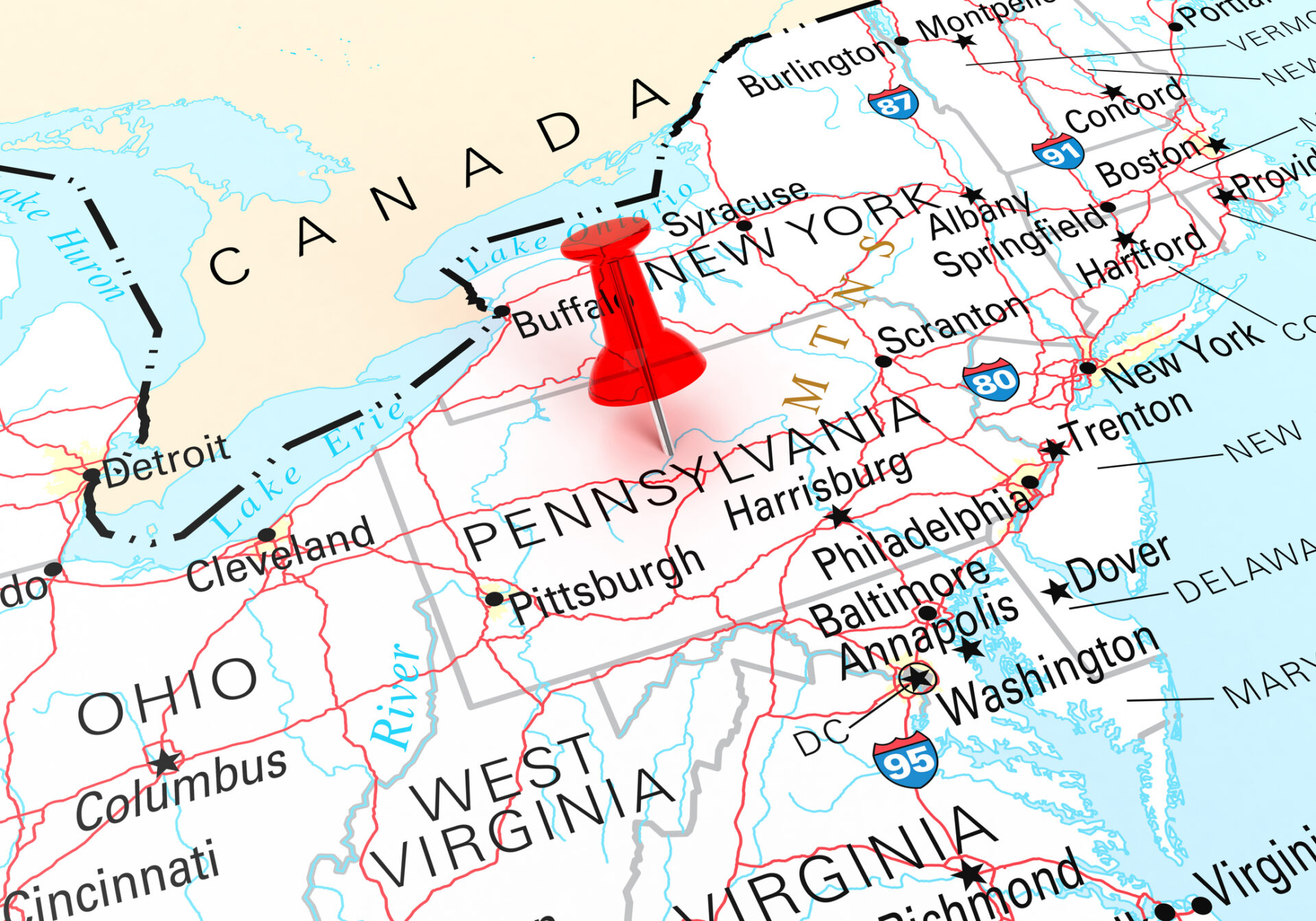CLAIM: The New York Times recently reported two Pennsylvania Democrats, John Fetterman, the state’s lieutenant governor, and Bill Peduto, the mayor of Pittsburgh, agree “a pledge to ban all hydraulic fracturing, better known as fracking, could jeopardize any presidential candidate’s chances of winning this most critical of battleground states — and thus the presidency itself. So as Senators Bernie Sanders and Elizabeth Warren woo young environmental voters with a national fracking ban, these two Democrats are uneasy.”
Is the concern from Fetterman and Peduto warranted? Would a fracking ban have significant economic impact on the state of Pennsylvania – potentially costing Democrats the 2020 election?
RATING:
True
FACT CHECK:
An outright ban on fracking would have a devastating economic effect on states like Pennsylvania, considering the shale industry supports 320,000 and nearly $23 billion in wages in the state. Pennsylvania isn’t the only key swing state that would be negatively impacted by a fracking ban. Ohio and Michigan have a combined total of more than 400,000 workers in the industry, Colorado and Florida each have more than 200,000 workers in gas and oil.
In 2017, the natural gas and oil industry attributed As Stephen Moore, co-founder of the Committee to Unleash Prosperity, recently pointed out in a Wall Street Journal op-ed:
Pittsburgh has become a global energy hub, and whole towns in Ohio and Pennsylvania that were once left for dead have been revitalized thanks to shale gas and related industries.
Pennsylvania Lt. Gov. John Fetterman told the New York Times hundreds of thousands of Pennsylvanians would be unemployed overnight if the bans that Elizabeth Warren and Bernie Sanders are promoting are actually enacted. In a state that Donald Trump won by a mere 44,000 votes in 2016 – every vote counts. But not all of the Democratic White House contenders are set on a fracking ban:
Climate change has consistently polled as one of the top issues for Democratic primary voters, propelling Senators Sanders and Warren leftward even as the specific politics of fracking have gotten little airing. While Mr. Sanders and Ms. Warren push a nationwide fracking ban, other leading Democrats — Joseph R. Biden Jr., Pete Buttigieg, Amy Klobuchar and Michael R. Bloomberg — have held back, calling instead for tighter regulations, a ban on new oil and gas drilling leases on federal lands, and a transition away from natural gas over time.
In critical pockets of the country, perhaps none more so than Pennsylvania, the issue of fracking could become vital in the general election, according to union leaders, Democratic politicians and Republican strategists. Potential battleground states where Democrats nurse dreams of winning, like Ohio and Texas, are hotbeds of natural gas — Texas has 137,000 natural gas wells — and Mr. Trump has signaled he hopes for a Republican comeback in New Mexico, another fracking state.
In addition to jobs, natural gas also provides affordable, accessible energy. As the nation’s second-largest natural gas producer after Texas, about half of Pennsylvania households use natural gas as their primary home heating fuel, and its 49 underground gas storage sites – the most for any state – are key for helping to meet heating demand in the winter. From 2010 to 2018, Pennsylvania’s share of electricity generated from natural gas more than doubled to 36%, while the share from coal fell by more than half to 21% – lowering carbon emissions in the process.
As GAIN has long-advocated, an “all-of-the-above” energy portfolio consisting of wind, solar, natural gas, and oil are key to ensuring our nation’s energy security and bolstering the economy. It is critical the 2020 Democratic presidential candidates listen to fellow Democrats in states like Pennsylvania and focus on pragmatic, realistic solutions regarding energy development.

